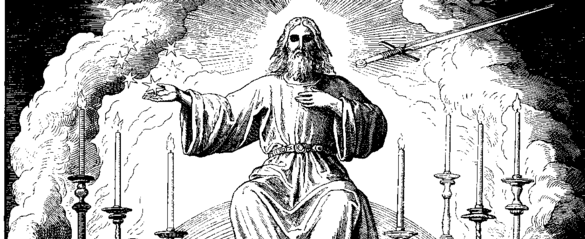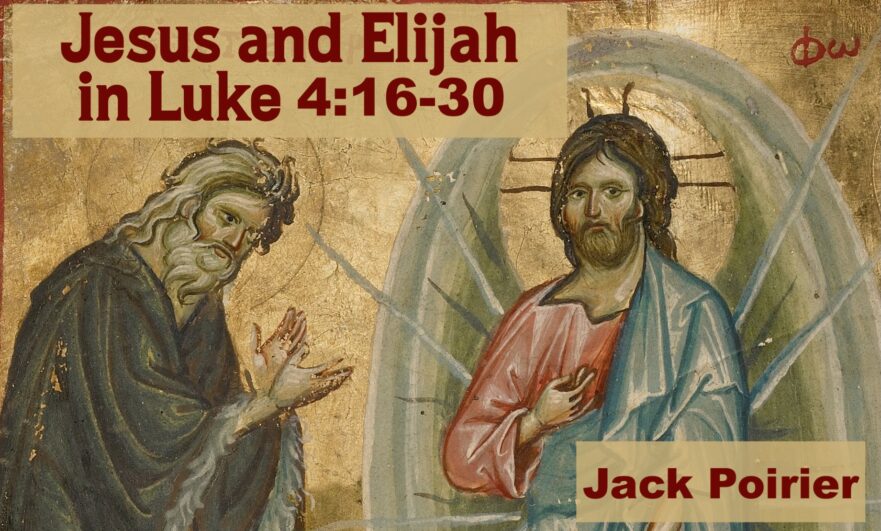Over the past few years, I have reflected much on the phrases “to enter the Kingdom of Heaven” and “to inherit eternal life.” One important conclusion that I have reached from reading early rabbinic literature and Matthew, Mark, and Luke is that these are two independent concepts sharing a fuzzy area of overlap.
Measure For Measure
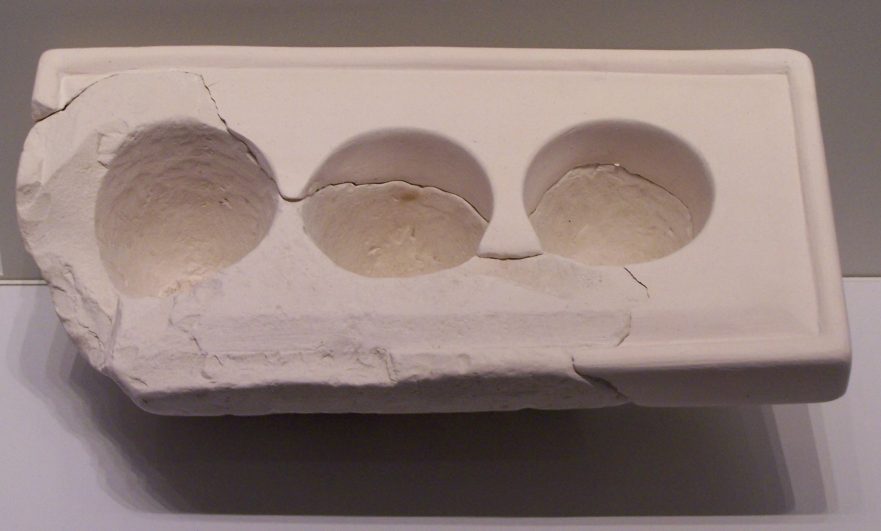
Some of the things Jesus emphasized in his teachings stand as strong warnings to those who belong to the community of faith. Jesus made statements about not lapsing into prideful judgmentalism, and becoming centripetal in one’s thinking. Jesus taught that our attitude toward other people—outsiders, even sinners—must be like God’s.
Repentance: God Inhales

Blessing God as one who delights in repentance has rich theological implications. Nevertheless, this blessing runs the risk of inaccuracy by understating God’s reaction to repentance. He not only delights in it but displays peculiar patterns of behavior when under its influence.
Where Seed and Thistle Grow

The interpretive approach of this essay assumes that Jesus’ frame of reference for the Parable of the Sower centered on the kingdom of heaven. Jesus emphasized repentance and grace, and their joint role as a catalyst for increasing God’s reign.
A Time To Fast?

Once, when Jesus and his disciples were enjoying themselves at a dinner party, a simple observation was made: “Your disciples don’t fast!” The observation was innocent and simple enough; it was not an accusation, but an honest exclamation of perplexity. Jesus’ response, however, was far from simple.
Are Christians Supposed to Tithe?

If Jesus censured the Pharisees for loading burdens upon the people that they could not bear, would he not censure today’s pastors for doing the same thing?
Divorce and Remarriage in Historical Perspective
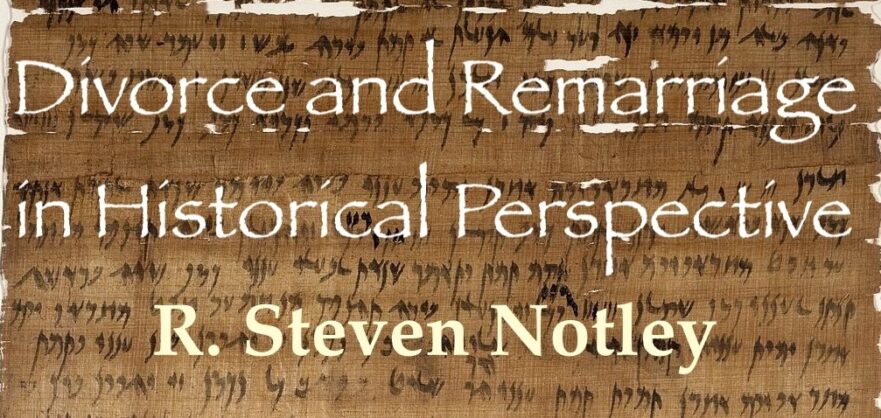
This study is dedicated to those who have suffered the agony of divorce. Tragically their pain has been compounded by well-meaning Christians who have distorted both the letter and the spirit of Jesus’ teaching concerning divorce and remarriage. For them, may this article bring a measure of healing.
Another Look at the “Cleansing of the Temple” Story

Based on archaeological excavations near the southern wall of the temple, the research of Shmuel Safrai, and a nuance of the Hebrew verb that is one of the equivalents for Greek ekballein (drive out, banish; throw out; throw away, reject; cast out of a place, expel; remove, get rid of; put out), it may be necessary to reinterpret the gospel accounts of Jesus’ “cleansing” of the temple, even suggesting a different location for Jesus’ action.
Abraham’s Temptation, Forerunner of Jesus’ Temptation

When tempted, both Jesus and Abraham vanquished their tempter with words of Torah, just as Israel’s teachers exhorted their students to do.
Blessed Be the “Name”!
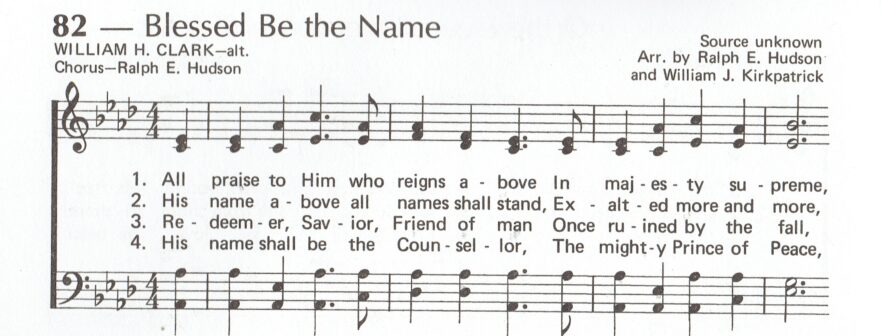
We may have misunderstood, or partially misunderstood, many biblical expressions that contain the idiom, “the name of.”
Cataloging the Gospels’ Hebraisms: Part One (Luke 10:23-24)

Hebrew idioms leap out from every page of Jesus’ life story.
Fishers and Hunters: A Fishy Reading of Jeremiah 16:16
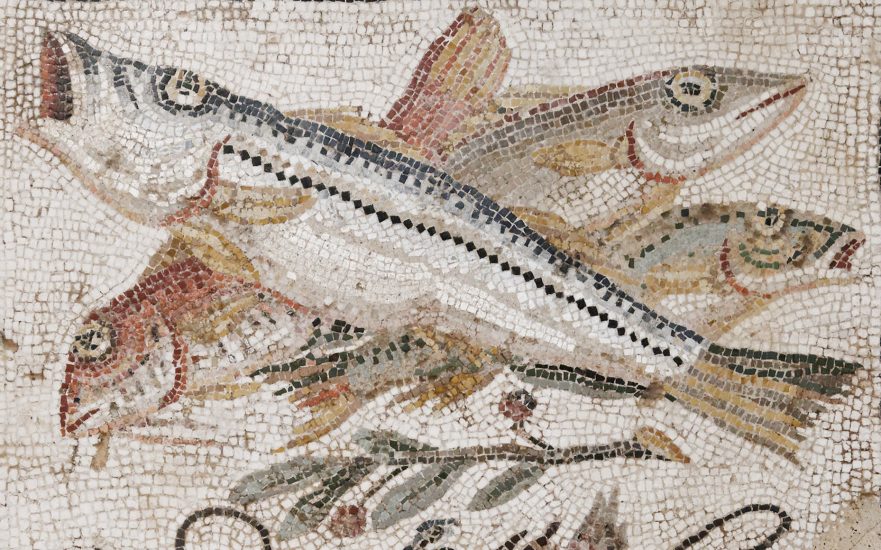
Based on on a “fishy” interpretation of Jeremiah 16:16, some Christians see it as their duty to warn Diaspora Jews of a coming persecution.
Jesus’ Command to “Hate”

If any one comes to me and does not hate his own father and mother and wife and children and brothers and sisters, yes, and even his own life, he cannot be my disciple. (Lk. 14:26, RSV)
The Most Abused Verse in the Bible?

Romans 8:28 has been read as a free-floating logion for years (at least in the American Bible culture), divorced from a context that would, if properly respected, lend it a much more limited meaning.
The Interpretive Key to the Four Horsemen of the Apocalypse
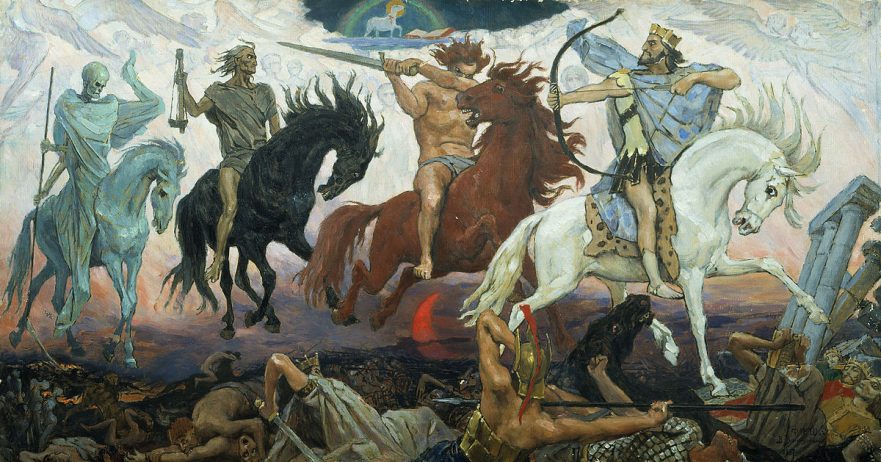
Modern readers of the Book of Revelation usually assume that the key to understanding the book lies in discovering a one-to-one correspondence between the figures it presents, and real-life figures. But the correct interpretation of the four horsemen appears only when we consider the four together as a unified symbol of widespread calamity.
Did the Early Scribes Understand John 9:3 Correctly?
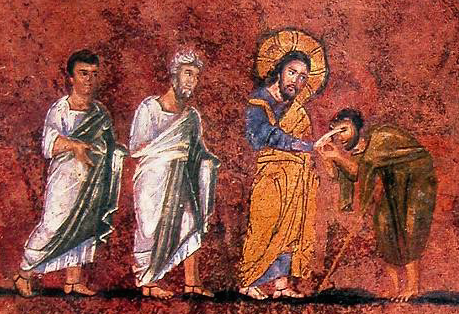
The punctuation found in later manuscripts was added by scribes, and is not original to the New Testament.


